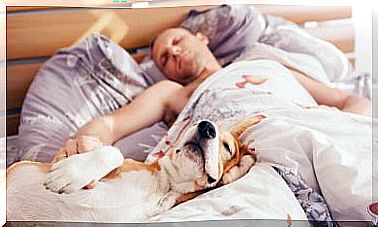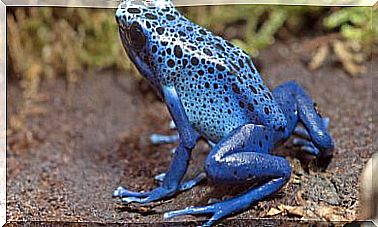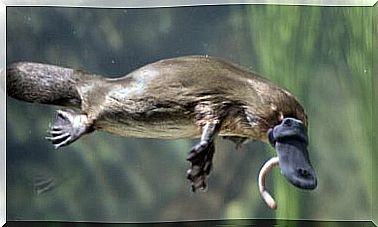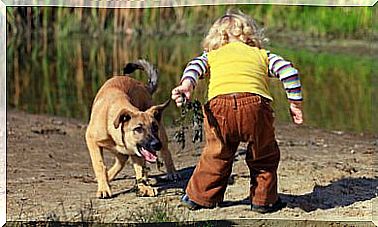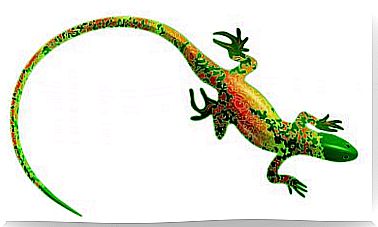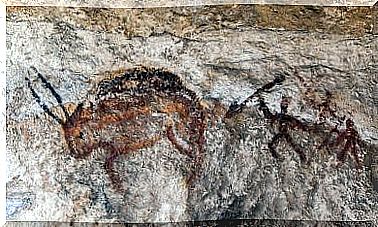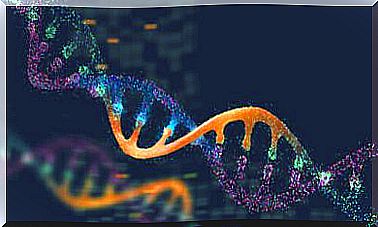How Food Changes Affect The Dog’s Health
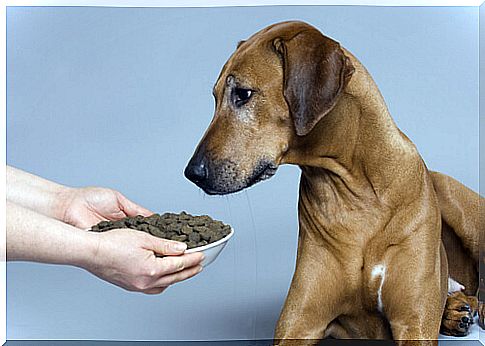
One of the main reasons for intestinal problems in our pets is the variation of the feeding routine, as occurs with barbecues in summer or banquets at Christmas. How do food changes affect you?
Keep in mind that dogs do not adapt like humans to changes in diet. Its bacterial flora is not as varied as that of a human, so a sudden change in its diet can cause gastrointestinal health problems, such as diarrhea or vomiting.
Despite the above, it is also true that adapting the dog’s diet based on its age is recommended.
Food changes that can cause health problems in the dog
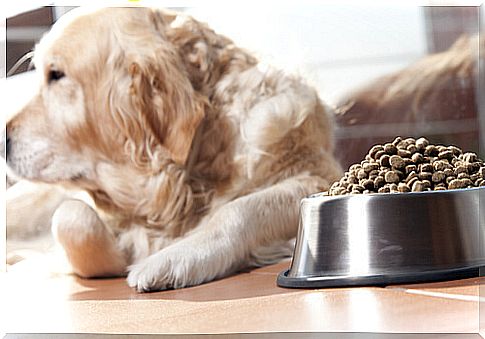
Although some modifications in the dog’s diet are important, especially as it gets older, other variations in its daily diet are harmful and can cause diarrhea, vomiting and, in the most severe cases, gastritis.
Some family situations are more prone than others to changes in the animal’s health, such as family Christmas gatherings, other types of festivities and celebrations, etc., because it is in them that the animal is offered indiscriminately.
The way in which all these types of alterations affect the health of the animal, manifests itself in varied symptoms, depending on the pathology. If these inappropriate nutritional habits are maintained, they can lead to gas, gastritis and gastroenteritis. The degree of tolerance to these changes is also determined by the breed of the dog. For example, Collies are more likely to have health problems.
It is said that the more pedigree the dog has and its breed is purer, the more delicate its stomach is and the worse it will adapt to dietary changes.
The ideal procedure for meal changes
Among the guidelines so that the impact on the animal’s stomach health is less, is to continue with its usual feed, without changes, that adapts to the owners’ budget. In cases where the feed is to be changed, it must be done gradually, combining the dog’s usual food and the new one, all under the supervision of the specialist.
Throughout its life, the dog will have to modify its diet on several occasions, as its age progresses. The appropriate thing would be to have specific feed available to its different stages, always of optimum quality. This way, digestive problems can be prevented, and the animal will be assured of the coverage of its nutritional needs and contributions.
Food changes according to age
In the first stage, at weaning, around a month and a half, the puppy goes from mother’s milk to solid feed, and it has to be a specific one for puppies, of proven quality.
When the animal passes five months, it will need an adult food, as it will have to consume a less energetic adult food than when it was a puppy. The transit between these feeds can be done with the mixture of puppy and adult feed.
With more than seven years, the dog will need an ideal feed for older ages, which can prevent health problems, such as osteoarthritis, gingivitis, and other pathologies.
Types of diets and food changes
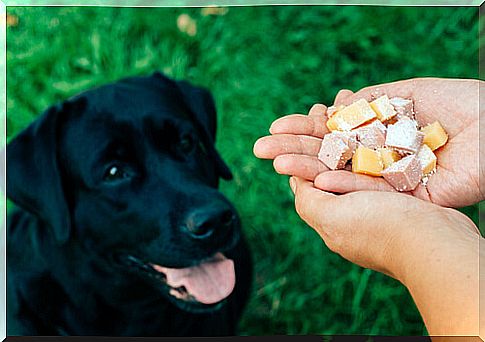
The so-called balanced diets are designed to meet the nutritional needs of the animal at each stage of the pet’s life. It can also be part of the therapy in some diseases such as kidney, liver or heart disease, among other pathologies.
In addition to these balanced diets, there are others, such as barf diets, that try to meet the same objective of concentrated diets, but that take into account the dog’s taste, that is, they are more attractive foods for this and more appetizing. It is, therefore, an easier diet to implement.
The choice of diet will be based on the stages in the life of the dog, as well as the diseases it suffers. Eating homemade food is not recommended, among other things because it can be deficient in substances vital for the proper development and maintenance of good health, and even lead to poisoning.
